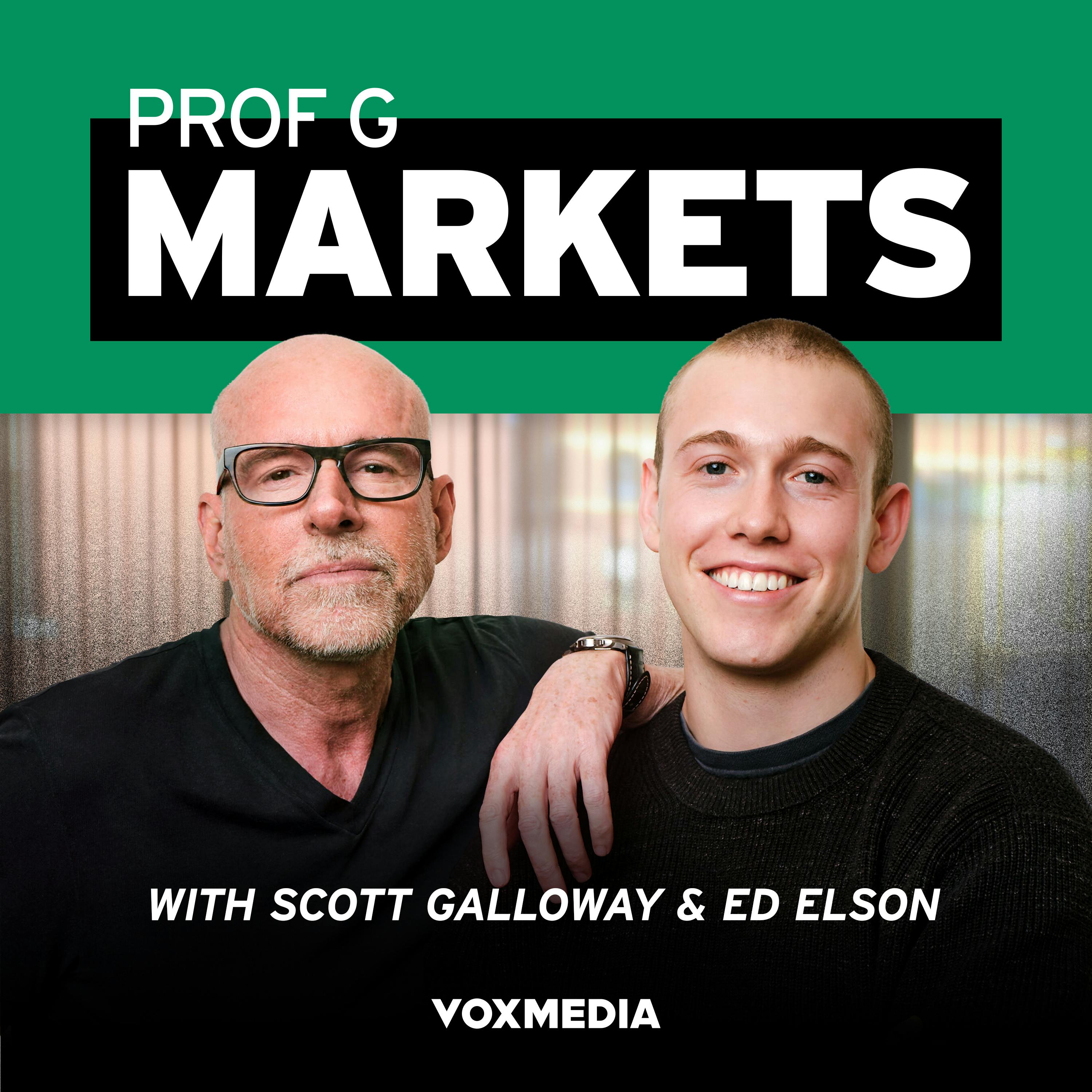PortalsOS
Related Posts
Vote to see vote counts

The current economic climate is like a metagame where everyone is colluding to spend a lot of money to make numbers go up, even if it means investing in areas that might not be super leveraged. This kind of collusion usually falls apart badly, but for now, it's working.

Economic patriotism involves ensuring internal stability and having resources to maintain global optionality. This approach contrasts with Trump's tariff policies, which are seen as ineffective.

The U.S. economy is dynamic and difficult to read at any point in time. Currently, the labor market's low hiring rate and low layoff rate create a bifurcated experience for workers, depending on their employment status.

The real debate in economics has been about whether models should reflect people behaving as if they were maximizing their outcomes, even if they don't literally know how to do it. This has been a central theme in my career.

The stock market's influence on the real economy has increased, with wealthy households' spending driven by stock market performance.
Economic patriotism involves ensuring internal stability and having resources for infinite optionality abroad.

The economy is suffering under terrible economic policy and a lot of uncertainty that is spooking a lot of people.
Economic patriotism involves ensuring internal stability and resources to maintain international flexibility, a concept supported by some political leaders.

It's going to take a lot of work to undo those decades of bad trade and tax policy that gave corporations every single day the upper hand. I want to see employers competing for workers. That's a good thing. It's how you get rising wages, which get spent in the community and then create growth for everyone, whether in Santa Fe or Columbus.
Economics traditionally assumes people are selfish, but in reality, people care about fairness and often act in ways that aren't purely self-interested. This complexity is often ignored in traditional economic models.